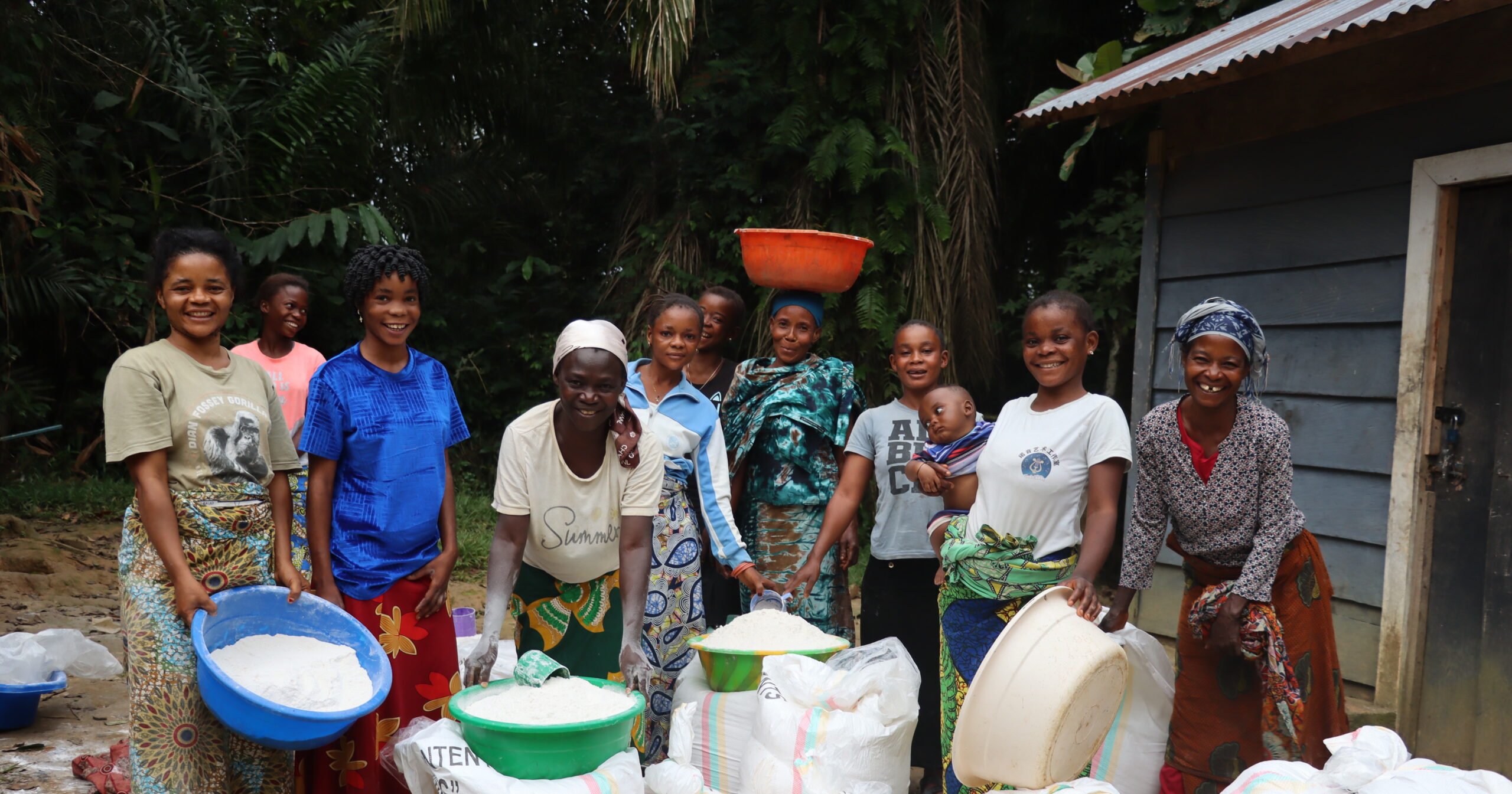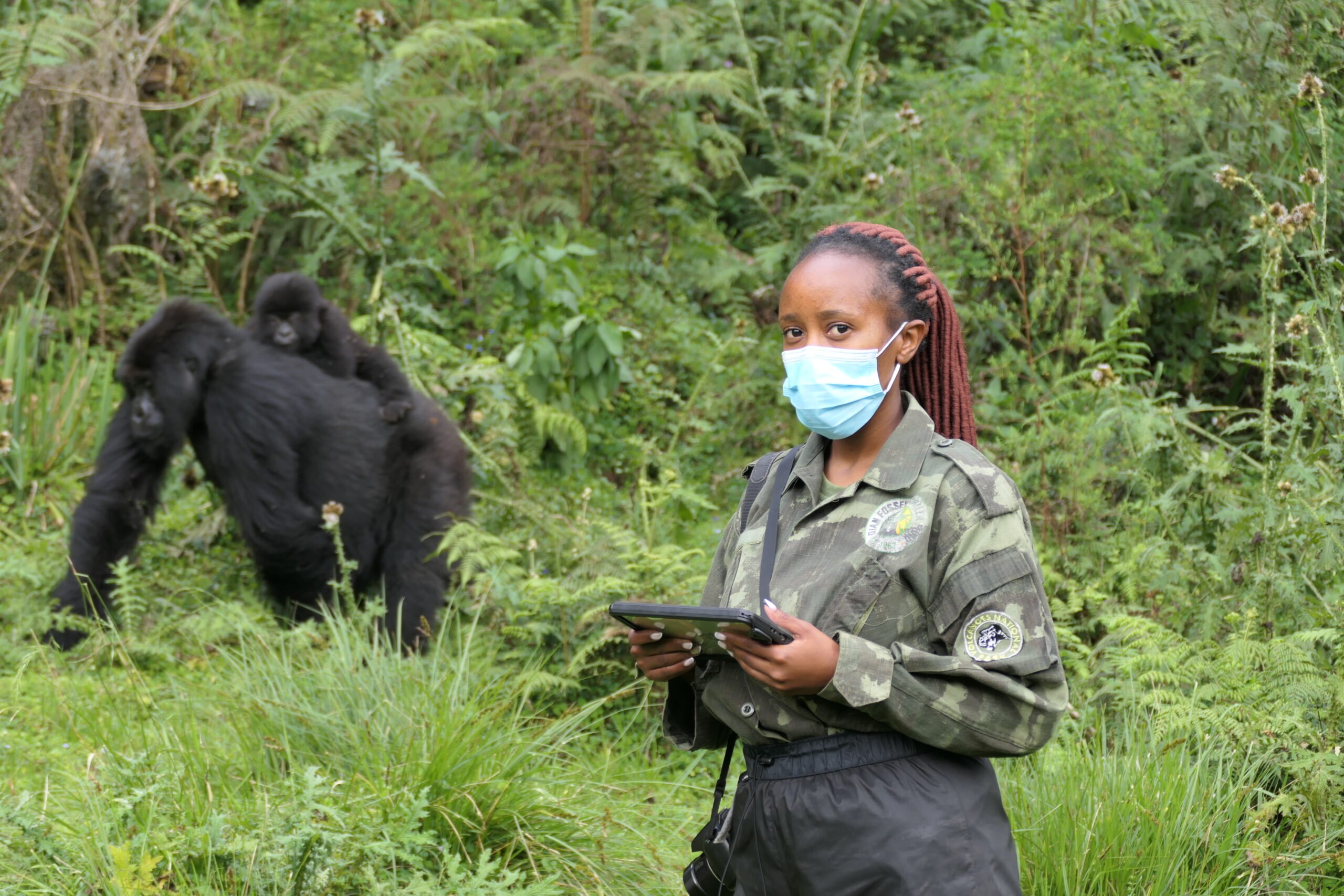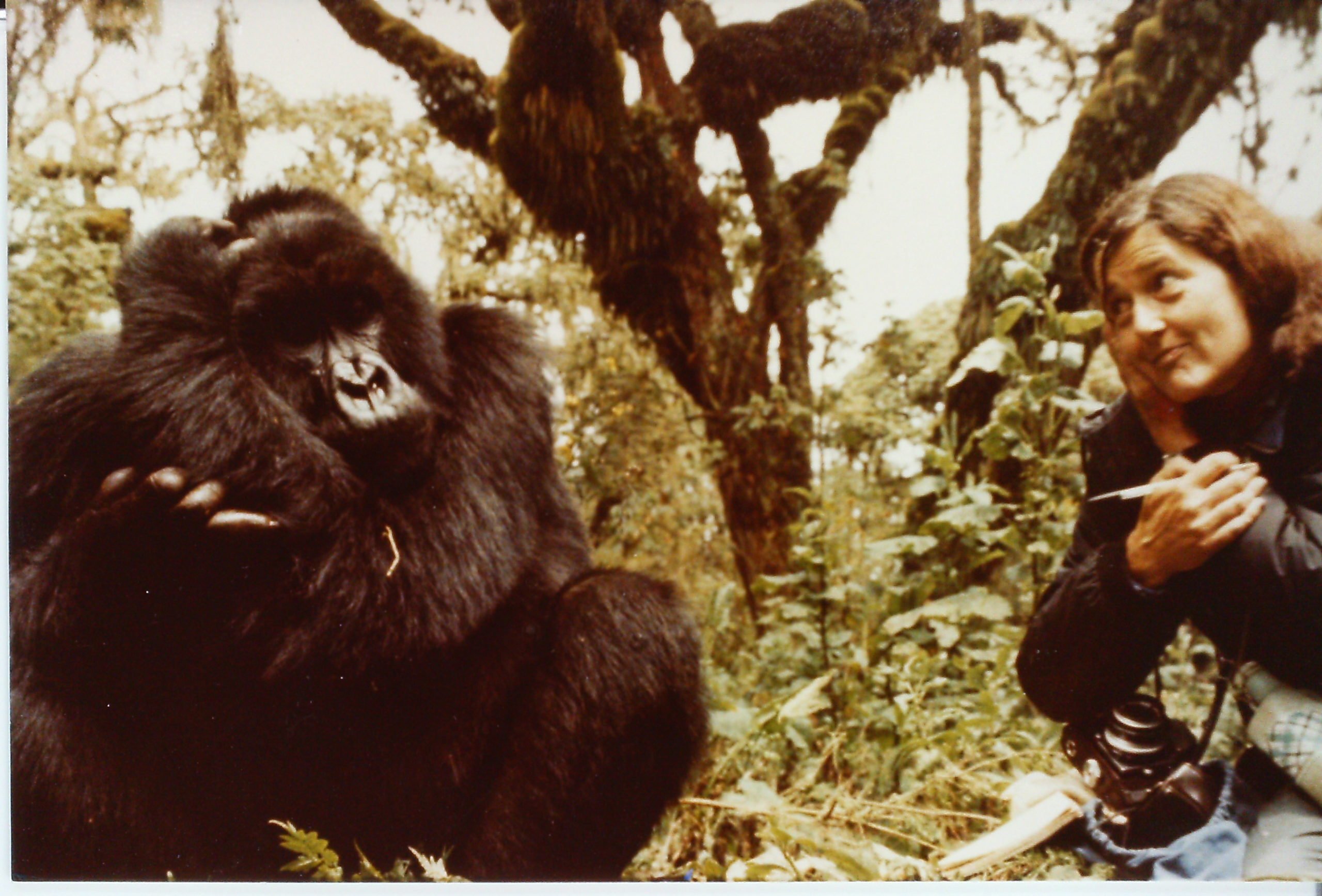Learning more about golden monkey births
Among mammals, food availability is often a crucial driver of female reproductive strategies and timing. This is not the case for gorillas, however, who mate and give birth year-round. But golden monkeys, which are the only other primate living in the Volcanoes National Park, give birth at certains time of the year and so are called seasonal breeders. Now, our latest study, led by our biodiversity research program manager Dr. Deo Tuyisingize, has uncovered some surprising details about the factors that determine when these golden monkey breeding seasons occur.




This study compared feeding, mating and birthing in groups of golden monkeys living in Volcanoes National Park and Gishwati-Mukura National Park. At the same time, the researchers monitored key food plants the golden monkeys eat, including bamboo shoots and various fruits.
Results showed that food availability shapes golden monkey birth seasons, even when their groups live fairly close to each other. For example, in Volcanoes National Park, birth season is driven by bamboo shoot availability, as this is a highly nutritious food that gives mothers the energy they need for lactation. However, bamboo shoot productivity varies across the park, likely as a result of elevation and other environmental factors. And as a result, golden monkey breeding does as well.
In the eastern part of the park, monkeys give birth primarily in the late bamboo growing season, from September to December. But in the western part of the park, just about 15 kilometers away, they give birth during early bamboo growing season, from February to April when shoots are most plentiful. The results also highlight how changes in their food plants, such as those that might be driven by climate change, should be monitored in order to understand golden monkey conservation issues. For example, we also recently found that overall bamboo shoot productivity is declining, which could affect the golden monkeys and their reproduction.
Food plants crucial to golden monkey conservation
“This study adds to our understanding of the impact of key food availability and consumption on the timing of reproduction in primate species,” says Deo.
“Our research provides rare findings that show how small-scale habitat differences can lead to substantial variation in behavior and reproduction. All of this information is key to building successful conservation strategies for the subspecies,” Deo adds.
The golden monkey research that Deo leads is the most in-depth look at how these endangered monkeys are faring, providing information about their ranges, total population, diets, reproductive patterns and threats to their survival. His work has also led to the first-ever golden monkey conservation action plan, in collaboration with park authorities, communities, local leaders, researchers and other conservationists.






